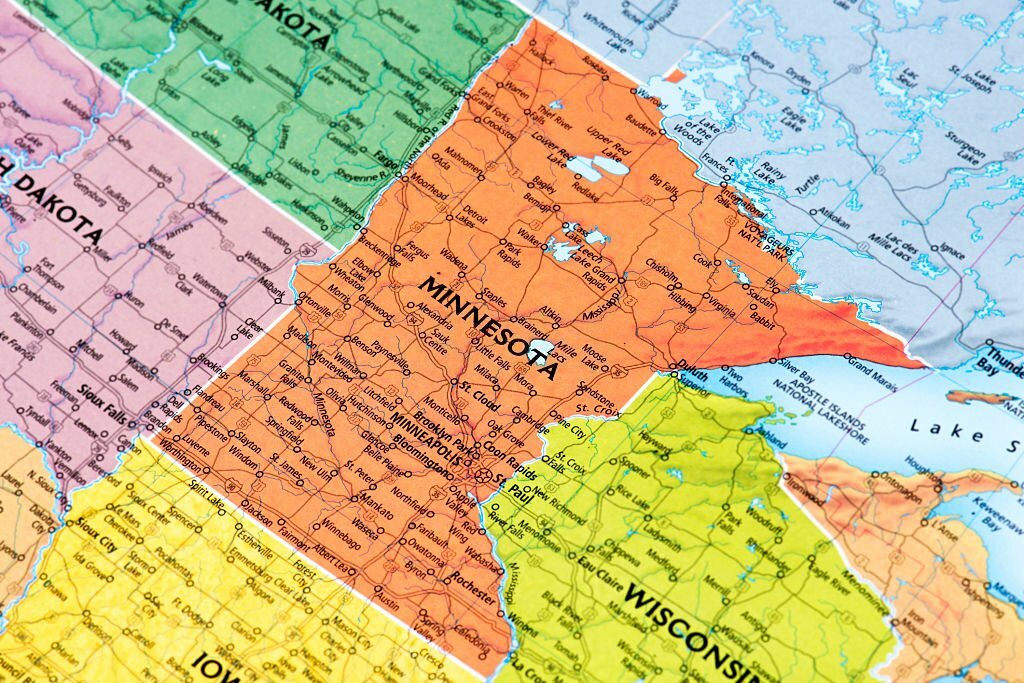Taxes
‘It’s BS’: IRS Will Tax Minnesota Rebate Check
Minnesota Gov. Tim Walz used some choice words to describe the IRS decision to tax Minnesota 2023 rebate checks.
Dec. 11, 2023

By Kelley R. Taylor, Kiplinger Consumer News Service (TNS)
According to Minnesota Gov. Tim Walz, the IRS will tax state rebates sent to many Minnesota residents in 2023. These rebates, commonly known as “Walz checks,” were worth up to $1,300 in some cases and were a result of a $3 billion Minnesota tax relief bill passed earlier this year. (That bill also included a child tax credit for the state worth up to $1,750 per child dependent.)
During a recent news conference about the projected Minnesota budget surplus for 2024, Gov. Walz expressed his strong disapproval of the IRS’s decision to consider the rebate checks taxable. The governor’s frustration was evident as he used strong language while talking to the reporters, stating, “It’s bull—-.”
State “stimulus” checks, tax rebates, and inflation relief payments are popular. Millions of people in 21 different states received special state payments last year. And several states sent more rebates and surplus tax refunds in 2023.

Walz sharply criticized the IRS’s move to tax these rebates while highlighting the contrasting scenario where pandemic relief payments in other states remained tax-free.
According to the IRS, if you receive special state payments such as one-time refunds, rebates, or other payments, in 2023, you usually won’t have to include them in your income for federal tax purposes. This is particularly relevant for those who choose to claim the standard deduction on their federal returns, which is the case for most taxpayers.
Walz stated that despite communication with White House officials, the issue of tax exemption for Minnesota remains unresolved. Walz also mentioned that Minnesota missed the deadline for tax-free status by 15 days.
The governor fears the tax could add an unexpected financial burden for many residents. At the same time, according to Minnesota Management and Budget assessments, the state’s budget has a projected surplus of about $2.4 billion through June 2025.
IRS will tax your Minnesota ‘Walz check’
While Minnesota won’t tax the rebates (so you won’t pay state taxes on the amount you received), the federal tax on these rebates could reportedly range from $26 to $286 for Minnesota residents. The amount of tax will depend on household income and the total rebate amount.
- The initial rebates amounted to $260 per person.
- Eligible households potentially received up to $1,300 for couples with at least three dependents.
Note: As always, however, your overall federal tax liability, if any, will depend on several factors, including tax credits and deductions and total taxable income.
Minnesota tax rebates: What happens now?
The Minnesota Department of Revenue plans to send 1099-MISC forms to rebate recipients for federal tax return purposes. The 1099-MISC is a tax form used to report miscellaneous income to the IRS. Review it for accuracy when you receive it and report the income on your tax return.
If you include this payment in federal adjusted gross income, the Minnesota DOR says to subtract it from Minnesota taxable income on line 33 of Schedule M1M on your state return. Of course, consult a tax professional if you’re unsure how to handle your taxable income.
Was your check lost in the mail? If you haven’t received your Minnesota rebate yet, there’s a chance that you may have thrown it away by mistake. However, there’s some good news—the state has re-issued 150,000 Minnesota tax rebate checks that remained uncashed and expired since they were sent over the summer. Minnesota officials say those reissued payments are on their way to eligible Minnesotans’ mailboxes.
______
All contents copyright 2023 The Kiplinger Washington Editors Inc. Distributed by Tribune Content Agency LLC.
